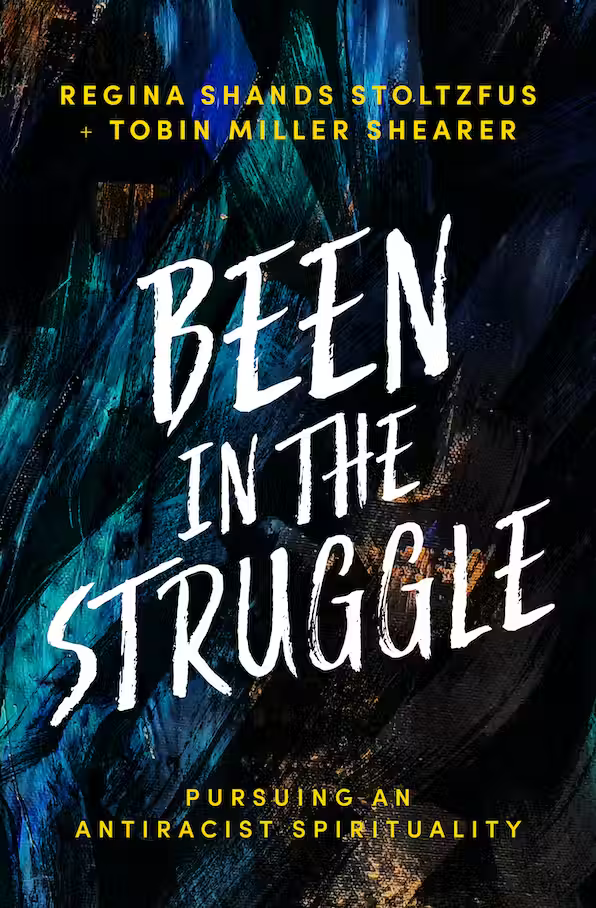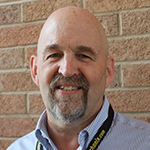Reflections on Mosaic’s Intercultural Book Study
by Tim Weaver

The book, Been in The Struggle: Pursuing an Antiracist Spirituality, invites the Anabaptist community to examine our history of resistance to antiracism work in light of our commitment to following the way of Jesus. The authors, Tobin Miller Shearer (a white man) and Regina Shands Stoltzfus (an African American woman), have worked together for more than 30 years around the task of antiracism. They shared stories of both grief and joy in examining the church’s willingness to address white supremacy in our life together. I was part of a Mosaic Conference discussion group for this book. We were an even mix of men and women, with people of color being the majority represented.
“An Antiracist spirituality is a way of being in the world that draws on the Spirit to encourage, empower, and enthuse the action of undermining systems of White supremacy around us.” Our group learned that an antiracist spirituality is a resource to sustain the struggle against racism, to invite growth in our lives, and to help us learn to be humans who refuse to give in to white supremacist power. It is learning to love with integrity and to be authentic in our work and our witness.
An antiracist spirituality values stories and relationships. There was a profound respect among us as our group met together. As we shared, it was sobering to hear accounts of white supremacy in our neighborhoods and our churches. Our faith stories center on our conviction that God loves ALL the world. Life has not been equal for people of color, even within the church. Even though Jesus indicated that the Kingdom of God has come near, many people of color have found themselves to be second class citizens in the church.
We examined how Whiteness has often been seen as the norm and how segregation did not happen accidentally. An insight that was new to me was how Whites often view racism in interpersonal ways, which made me wonder, as a White man: Have I demonstrated racism in any relationships that I have? However, African Americans often understand racism as systemic in nature and not in specific interpersonal relationships.
An antiracist spirituality does not ignore the past, yet it calls us to move forward. It names our errors when we have fallen short, and it boldly makes public our commitment to being antiracist. It is done effectively as we work together as a community. We need the voices of the elders who have been in the struggle before us and to listen to their words of wisdom for our current time.
As we completed our book study, I found myself reminded that in Christ there is no longer Jew or Greek, male or female. The book of Revelation says there will be a great multitude from every nation, tribe, and language—and here and now, I want to surround myself with a community that is committed to telling the truth about our history, working to interrupt systems of oppression, and seeking the healing of those who have been or continue to be harmed. Will our church communities be places that focus on the hurts of the world and that respond with courage and integrity?

Tim Weaver
Tim Weaver recently retired as Chaplain from The Community at Rockhill (Sellersville, PA). His ministry experience included leadership training in Venezuela, pastoring three congregations, and several interim pastorates. His spouse, Juanita, is a professor at Villanova University and they are parents to 2 daughters and have 2 grandchildren and 3 granddogs. Tim lives in Perkasie, PA and attends Souderton (PA) Mennonite Church. He has traveled to Honduras annually with Healthy Ninos Honduras for 20+ years.
